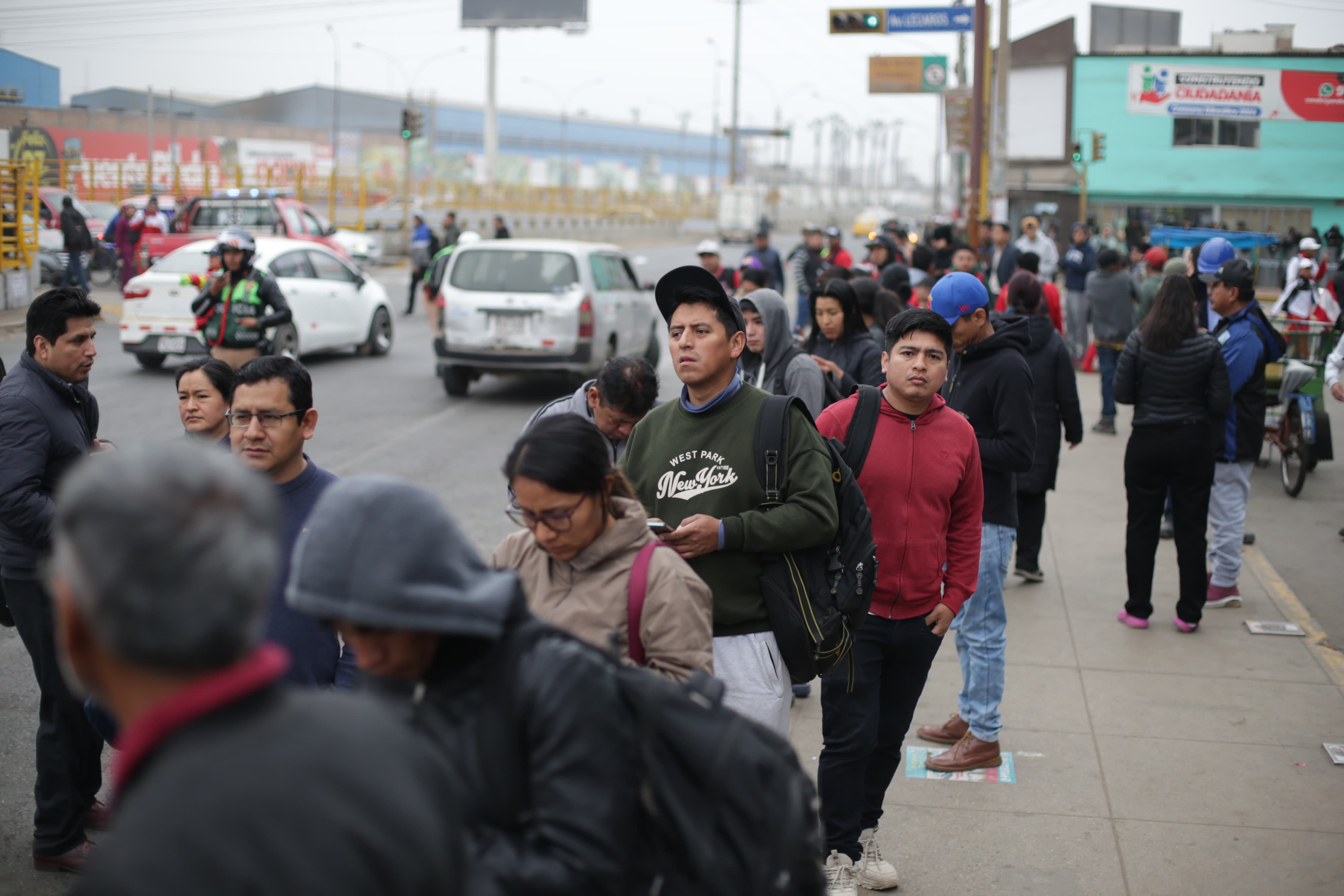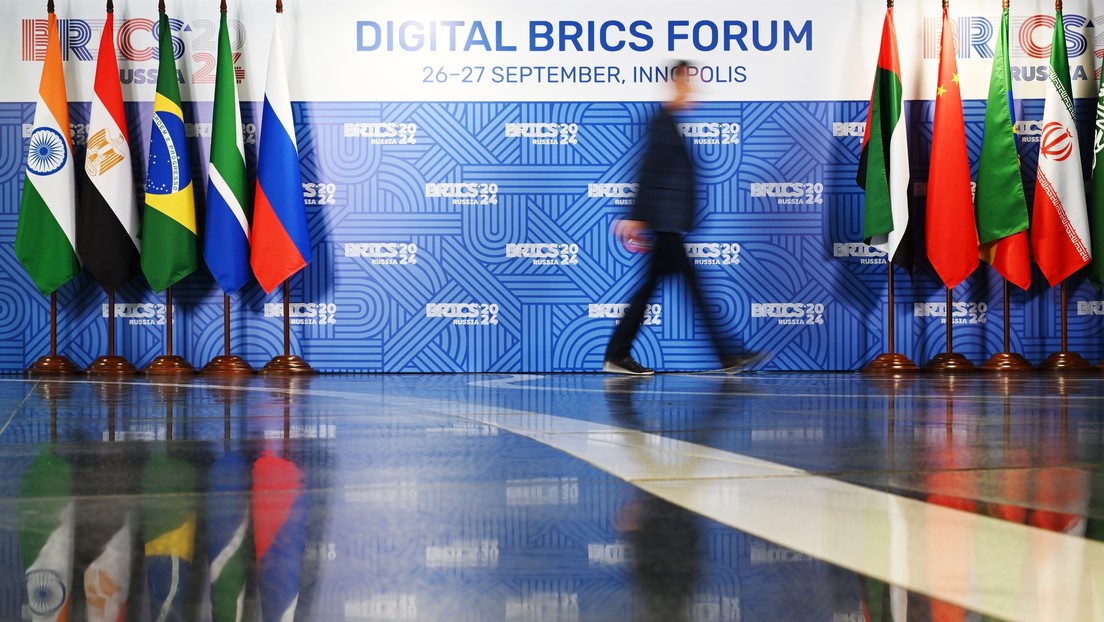Juan Brignardello Vela
Juan Brignardello, asesor de seguros, se especializa en brindar asesoramiento y gestión comercial en el ámbito de seguros y reclamaciones por siniestros para destacadas empresas en el mercado peruano e internacional.




In the context of a growing migration crisis, the president of Chile, Gabriel Boric, made a strong statement at the UN General Assembly. Addressing the situation of Venezuelan migrants, Boric emphasized that his country "is not in a position to receive more migration," a statement that reflects both Chile's economic limitations and the pressure it faces due to the massive influx of Venezuelan citizens fleeing the crisis in their country. During his speech, Boric did not hold back in criticizing the sanctions imposed by the United States, which he claims exacerbate the situation in Venezuela and are responsible for driving more than seven million people into exile. "Economic sanctions hit the Venezuelan people harder than their current rulers," he stated, highlighting that these measures disproportionately impact the most vulnerable in Venezuelan society. The situation of migrants in Chile has become unsustainable, with nearly 800,000 Venezuelans already settled in the country. Boric, aware of the challenge this represents, emphasized his responsibility by communicating that Chile cannot take on more migrants at this time. This position reflects the social and political pressure the Chilean government faces due to the increasing number of refugees arriving. Boric also positioned himself as one of the strongest opponents of Nicolás Maduro's regime, labeling it a "dictatorship." This stance is not new, as several Latin American leaders have questioned the legitimacy of Maduro's recent re-election, considering it fraudulent. The open criticism of the Venezuelan government resonates with the need for a peaceful transition to democracy in the Caribbean nation. However, Boric's position at the UN was not limited to criticizing Maduro. He also called on U.S. authorities to reconsider the economic sanctions, which, in his view, not only perpetuate poverty in Venezuela but also exacerbate the conflict. This call for dialogue and policy review aligns with the idea that solutions must be structural rather than merely punitive. At a time when the migration crisis has become a hot topic in the region, Boric defended the need for a coordinated and compassionate response. In this sense, his speech balances the defense of migrants' rights with the reality of a country facing its own economic and social challenges. The difficulty of balancing these factors will be a recurring theme in Chilean political debate. The Chilean president's speech also touched on broader issues, such as the restructuring of the UN Security Council. Boric proposed that countries like Brazil, India, and an African nation obtain a permanent seat on this body, suggesting that institutions must adapt to contemporary realities to maintain their relevance and effectiveness. His assertion that "human institutions depend on the will of their leaders" resonates at a time when global governance faces unprecedented challenges. By advocating for reforms in the UN, Boric presents himself not only as a leader of his nation but as a player on the international stage seeking to promote a fairer and more equitable order. The situation of Venezuelan migrants symbolizes the current tensions in Latin America, where political, economic, and social crises intertwine. The Chilean government, under Boric's leadership, will need to navigate carefully through this complicated landscape, seeking a balance between solidarity with migrants and the capacity of its own nation to manage an evolving situation. With his intervention at the UN, Gabriel Boric has made it clear that the Venezuelan crisis and its migratory repercussions require urgent attention and collaborative solutions. The international community, and particularly the United States, have a crucial role to play if this humanitarian challenge affecting millions of people is to be mitigated.
Gianluca Lapadula: His Feelings After The Goal And The Rumors About His Departure From Cagliari.

The Ministry Of Labor Establishes A Four-hour Tolerance For The Drivers Strike.

"Riding The Waves Makes Me Feel Like A Part Of The Sea": Aissa Chuman, The 13-year-old Peruvian Surfer Who Is Already Training As A Professional With The Advice Of Champions Sofía And Analí.





:quality(85)/cloudfront-us-east-1.images.arcpublishing.com/infobae/J4AUOJ3DARGTDIQVUNQ373YVKI.jpg)
:quality(85)/cloudfront-us-east-1.images.arcpublishing.com/infobae/7LOV7VN7OBB5XJ765PCWOJVPDE.jpg)